In the quaint suburbs outside Detroit, Modern Natural Baby stands as a sanctuary for soon-to-be parents seeking guidance on the labyrinthine world of baby gear. This charming store, nestled in a community brimming with anticipation and excitement, has always been a place where expectant mothers and fathers find solace in the advice of seasoned parents and knowledgeable staff. They come seeking the perfect stroller, the ideal rocker for the nursery, or expert help in installing a car seat. But lately, the atmosphere has shifted. The once-joyful anticipation has been tinged with anxiety, and the questions have taken on a new urgency.
Store owners John and Emily Murray have noticed the change. "This has become the top concern among many of our customers," they said. "They are asking questions like, 'How much will that stroller increase in price? When will the price go up? Will this stroller be out of stock if I wait to add it to my registry?'" The joy of preparing for a new arrival is now overshadowed by the looming specter of tariffs and supply chain disruptions.
President Donald Trump's tariffs have cast a long shadow over the baby gear industry. With a 145% tariff on imports from China and a 10% minimum tax on all other countries, the cost of essential baby products has skyrocketed. Given that nearly 90% of children's and baby gear products are manufactured exclusively in China, the impact has been profound. Retailers and manufacturers are scrambling to secure inventory, while jittery parents are rushing to buy items for their newborns, fearing shortages and price hikes.
The Murrays have observed a shift in behavior among their customers. Friends and family members are becoming more aware of the stress expectant parents face due to tariffs. Many are opting to give gift cards and cash early, well before baby showers, or pooling resources to purchase more expensive items. "It's an unfortunate situation, but they don't want to risk items being out of stock," the Murrays explained.
The statistics are staggering. According to Jason Miller, a professor of supply chain management at Michigan State University, 99% of imported child safety seats, 93% of strollers, 96% of metal toddler beds, and 93% of infant shoes come from China. Nearly 80% of all toys sold in America are also manufactured there, according to the Toy Association. The labor-intensive nature of producing many baby products has led to the concentration of manufacturing in lower-wage countries like China. "You have a recipe for a category of goods where China's lower-cost manufacturing footprint became very attractive," Miller said. "The ecosystem to build such goods was developed over time, which makes shifting production out of China more challenging."
The financial burden on new parents is already significant. According to BabyCenter, an online parenting resource, it costs about $20,000 for new parents to care for their newborn during the first year, including nearly $1,000 on baby safety gear. Tariffs are only adding to these steep costs, an issue that Trump has said he wants to address, even backing a $5,000 "baby bonus" for new moms. "Tariffs are going to affect growing families," said Natalie Gordon, the CEO of Babylist, an online baby registry. "We're encouraging our customers to make purchases now, knowing prices are going up."
The price increases are substantial. Stroller prices are increasing by an average of 25%, while infant car seats are seeing average increases of around 20%, according to Babylist. In response, Babylist took out a full-page ad in the Washington Post last week, calling for a reprieve from tariffs on essential baby products. "Babies deserve love — not tariffs," the ad said, likening tariffs to a "baby tax." A dozen leading baby goods' companies signed the advertisement, including UPPAbaby, Ergobaby, and Nanit. More than 40 Democrats in Congress have also called on the Trump administration to exempt baby safety products from tariffs, as the first Trump administration did in 2018.
UPPAbaby, which sells $400 car seats and a range of strollers for up to $900, will raise prices on most items because of Trump's tariffs, the company told customers. "While we've made every effort behind the scenes to absorb as much of the cost as possible, some price increases are unfortunately unavoidable," UPPAbaby said. "This was a tough decision, made only after exhausting every other option."
Online baby gear company Colugo will also raise prices on its $225 strollers made in China once the company sells through its current inventory. "We don't have the margin for these tariffs," said brand owner Melissa Gad. "There's no room."
The impact of tariffs is not just a financial concern; it is also an emotional one. Kelly Riddell, who is 34 weeks pregnant with her first child in Kentucky, decided to take action after seeing an article last week that warned of rising prices on baby goods. She immediately bought an infant car seat and stroller set for $300 and a convertible car seat for $200. She had been planning on waiting for a deal on the stroller and adding the car seat to her gift registry. "We went ahead and bought the one he'll use for years because I don't know what the economy will be like," Riddell said. "I'm worried if I don't act quickly, I'll end up paying a lot more."
Mary Goodrow, a South Carolina resident who is planning to start trying to have a child with her husband in the next few months, is also feeling the financial anxiety. "We're already worried about medical bills. We're already having to pay more for groceries," she said. Goodrow sought advice on the Reddit group "BabyBumps" for pregnant women about whether to buy a stroller and car seat now or wait until a child arrives. Other members of the group responded, telling her to wait until she's pregnant. The 500,000-member group has dozens of similar posts with questions about the impact of tariffs. Because of the cost increases, Goodrow plans to get a stroller passed on from friends or family instead of buying one with her husband. "We're in our mid-30s. I'm feeling pushed to have a kid already," she said. "Tariffs are another thing trying to put a roadblock in my way."
The situation is not just a local one; it is a national and even global issue. The tariffs imposed by the Trump administration are having far-reaching effects, touching the lives of expectant parents across the country. The joy of welcoming a new life into the world is being overshadowed by the financial and logistical challenges posed by these trade policies. The baby gear industry, once a stable and predictable market, is now in turmoil, with retailers, manufacturers, and consumers all feeling the impact.
The tariffs on baby products are more than just a fiscal issue; they are a human one. The anxiety and financial strain felt by expectant parents are real and significant. The decision to raise a family should not be burdened by the uncertainty of tariffs and supply chain disruptions. As the debate over trade policies continues, it is crucial for policymakers to consider the broader implications of their actions. The future of countless families hangs in the balance, and the choices made today will shape the economic and emotional landscape of parenthood for years to come.
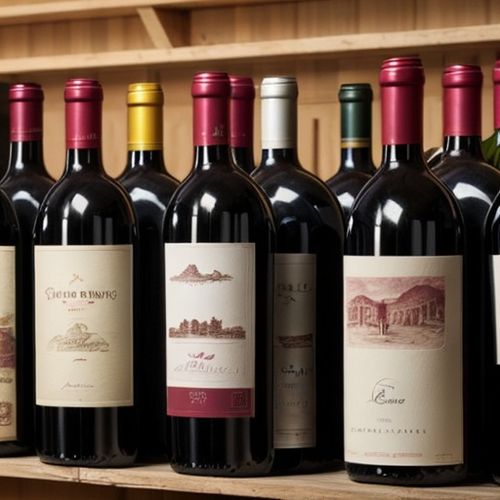
By Eric Ward/Apr 29, 2025
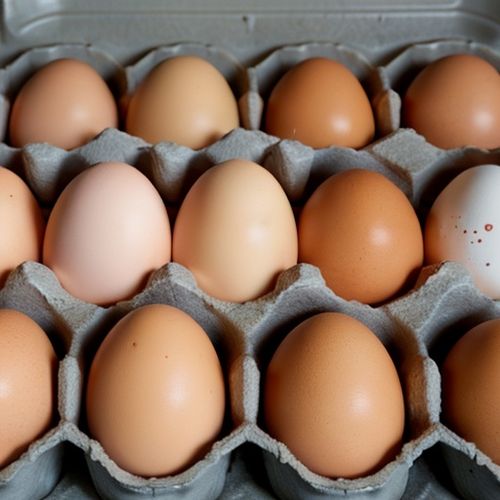
By Jessica Lee/Apr 29, 2025
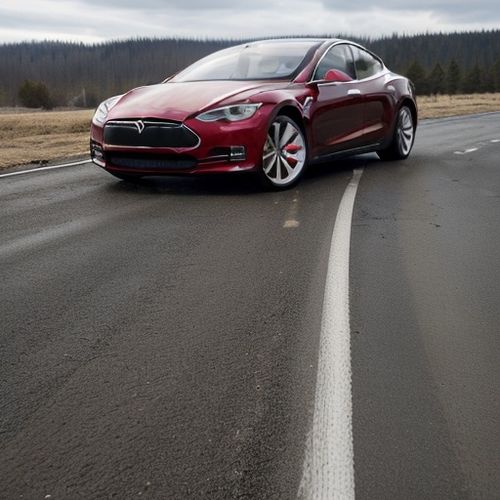
By Lily Simpson/Apr 29, 2025
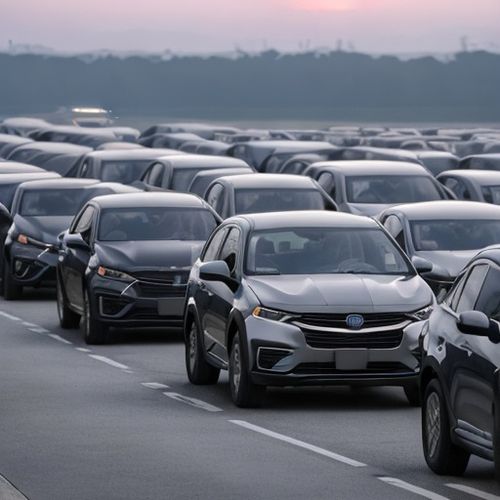
By Amanda Phillips/Apr 29, 2025
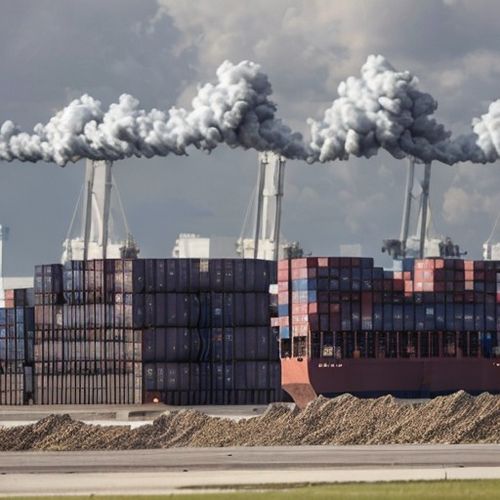
By James Moore/Apr 29, 2025
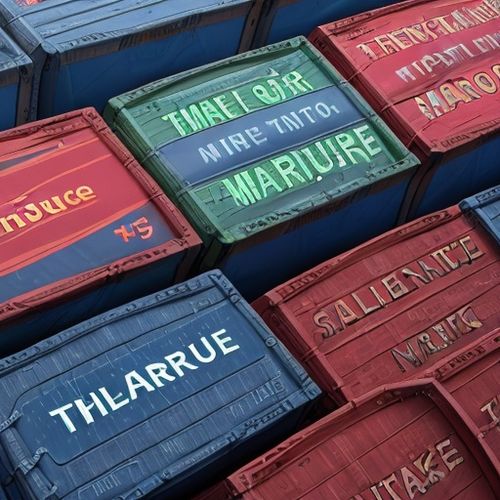
By Amanda Phillips/Apr 29, 2025
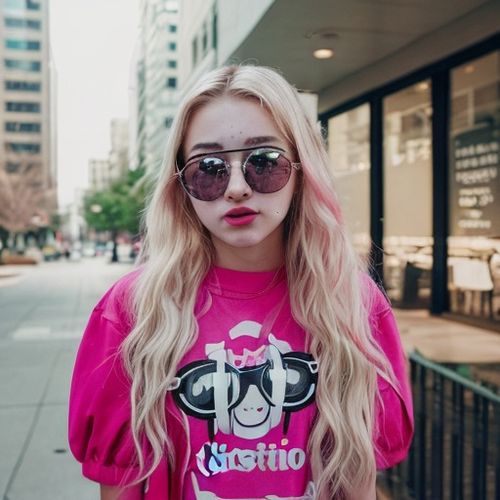
By Sophia Lewis/Apr 29, 2025
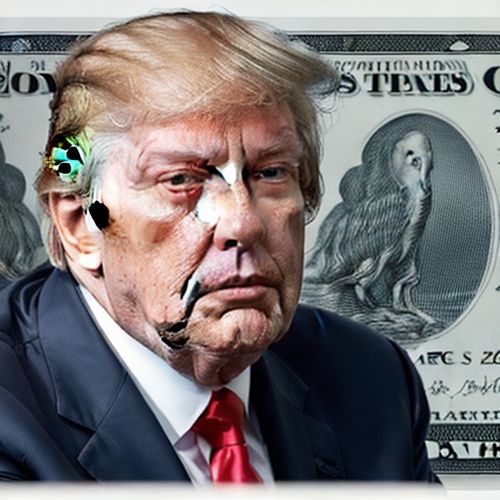
By Ryan Martin/Apr 29, 2025

By Elizabeth Taylor/Apr 29, 2025
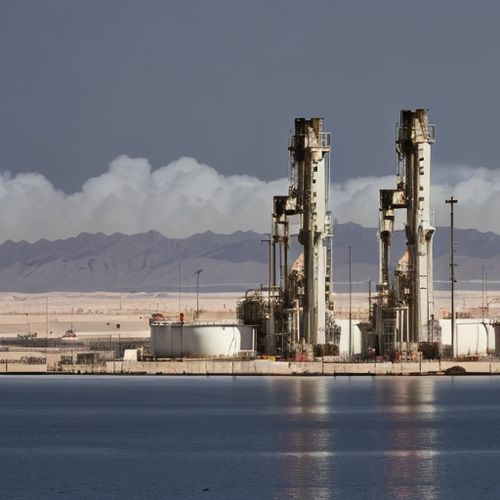
By Noah Bell/Apr 29, 2025
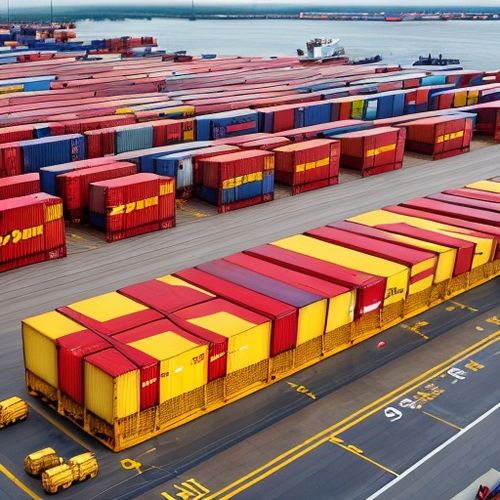
By Emily Johnson/Apr 29, 2025
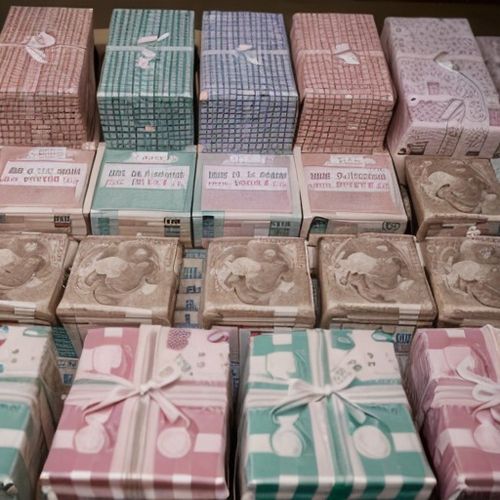
By Grace Cox/Apr 29, 2025
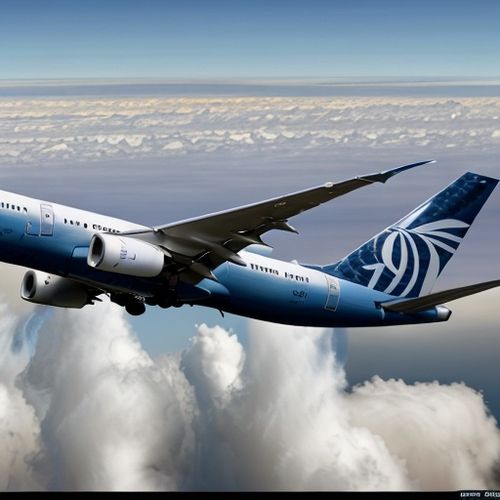
By Rebecca Stewart/Apr 29, 2025
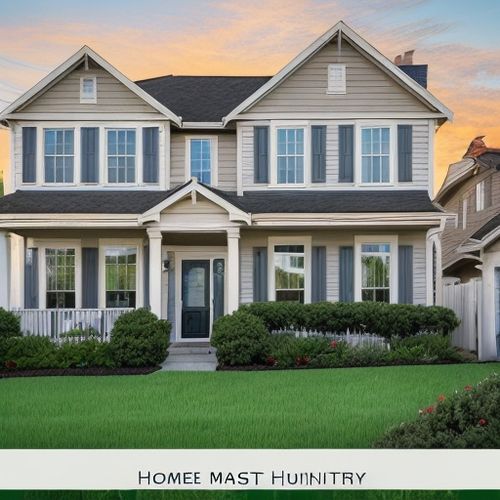
By Elizabeth Taylor/Apr 29, 2025
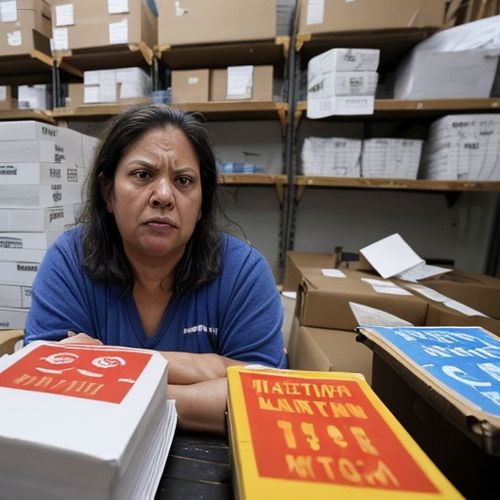
By Michael Brown/Apr 29, 2025
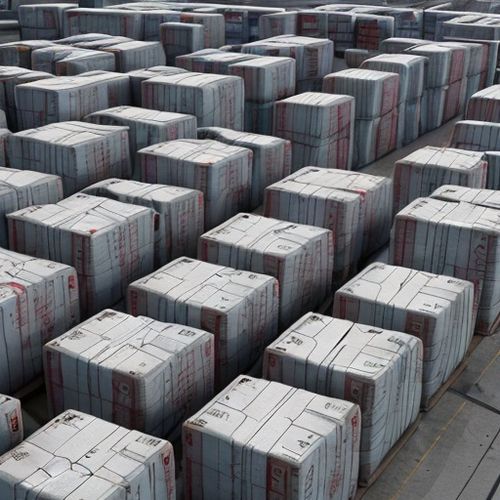
By Olivia Reed/Apr 29, 2025
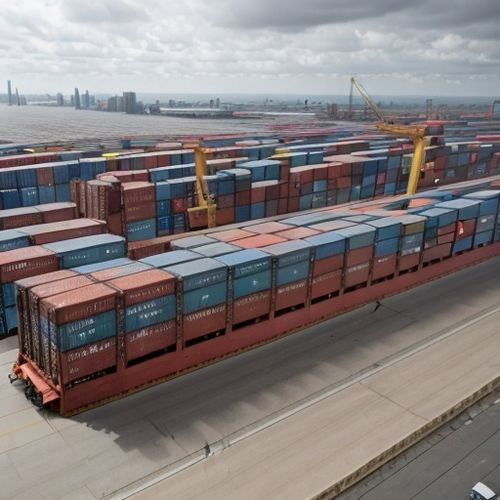
By Daniel Scott/Apr 29, 2025
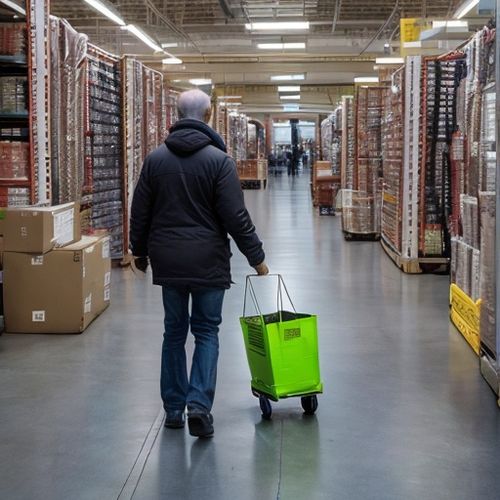
By Joshua Howard/Apr 29, 2025
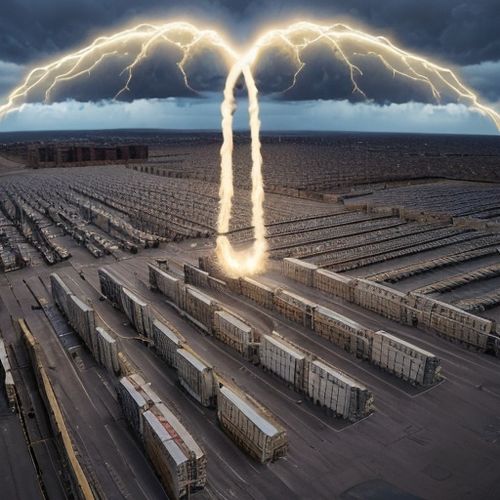
By Megan Clark/Apr 29, 2025
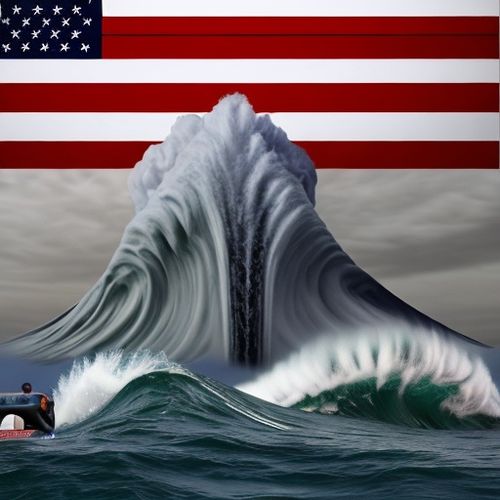
By John Smith/Apr 29, 2025